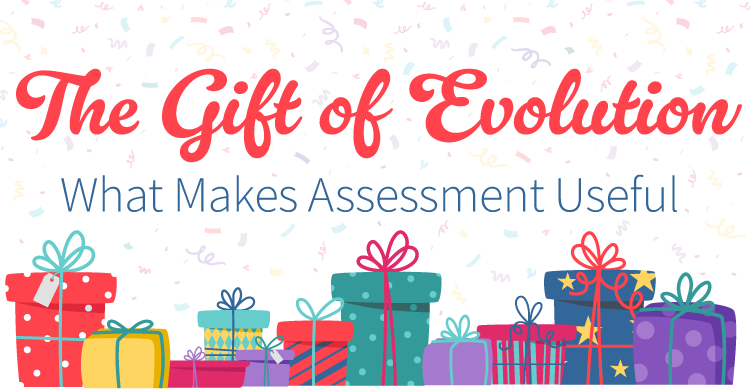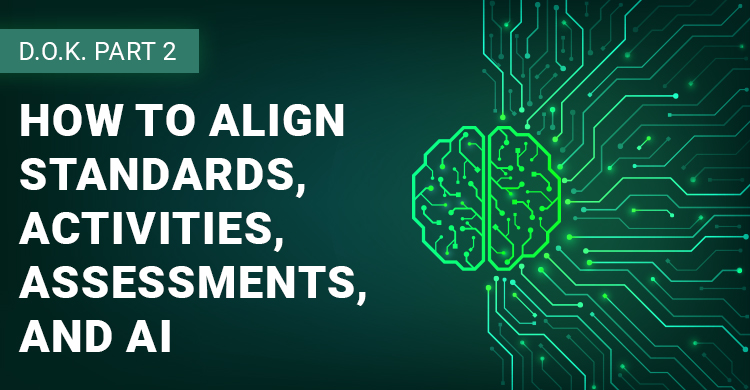Recently, my colleague Nicole Dimich Vagle wrote a post called Three Practices That Inspire Student Investment. In it, she talked about learners being “in the zone” when engaging in 1) meaningful work, 2) relentless revision, and 3) feedback. She is absolutely right.
Teachers also need to invest and have opportunities to be in the zone when they are engaged in learning. But far too often, professional development experiences do not feel like that for them, even when they are using collaborative conversations as a means to continue their own development. It turns out that being engaged in learning requires the same ingredients, no matter the age of the learner. Like their students, teachers need 1) meaningful work, 2) relentless revision, and 3) feedback.
Meaningful Work
In all of their writing about the work of PLCs, Richard DuFour, Rebecca DuFour, and Robert Eaker have consistently identified action research as a defining feature of a true PLC. Still, that critical feature seems to receive little attention, as very few teams truly engage in the work of action research.
Action research is about implementing the best practices of the teaching and learning process at the classroom level and then studying the effectiveness of those practices. It moves theory to practice in meaningful ways.
This year, eight collaborative districts in the East Bay area of Rhode Island have taken the idea to heart. Approximately 150 educators—administrators and their school-based teams—are engaging in yearlong action research to see if they can positively impact student achievement at the classroom level with the sound assessment practices they have already been studying for a year.
Recently, those teams were asked to create a summary statement regarding their experience with action research. Many powerful and supportive statements were written by the East Bay collaborative teams:
“Action research allows you to reflect on your teaching and student learning. It helps you to create a focus and collaborate with colleagues in different grades. It helps us to evaluate and build on our professional practices. An overall empowering experience.”
“Action research has led us to gather and analyze relevant data to foster collaboration among colleagues and drive instructional practices.”
“The action research process is hard work, yet deeply meaningful. Collaborative teamwork improves our professional practice and enables us to bring our experience back to our school. Participating in this process will affect the quality of instruction in our school as well as get the students invested in their own learning.”
The East Bay collaborative teams are answering their own questions about how to influence student achievement positively with the assessment process. They are impacting practice at the classroom level by improving their personal knowledge and skills while remaining student centered.
Relentless Revision
The action research questions teachers pose, the data that they gather, the inferences they draw from the data, and the results that they share must always be accurate. It is impossible to get everything exactly right the first time, but it is imperative to keep striving for perfection.
In the East Bay project, teams work collaboratively within the team, across teams within the school or district, and even across multiple districts. They are in a constant state of sharing and revising. Every team has revised its question, classroom strategies, data-gathering tools, or the research methodology they are using at least once. Most teams have made multiple revisions.
The discussions are incredible. When they challenge each other’s thinking and commit to immediate next steps or new investigatory routes, they are truly in the zone of the art of teaching. Their conversations are entirely focused on how to do the right work and what’s best for kids and learning. Teachers are investing in their own knowledge in deep and profound ways.
Feedback
Teachers seldom receive the descriptive quality feedback that helps them understand how to be a better teacher. Evaluation systems based on infrequent formal observations or frequent but random brief walkthroughs fall short of giving teachers the steady dose of specific feedback they require to improve their knowledge and skill. With action research, feedback occurs peer to peer and moment by moment based on the results that are being generated and then discussed at the team meetings. When action research is used as a professional development model, the quality formative assessment practices of peer and self feedback happen at the adult level.
Teams care deeply about their work. In the East Bay project they are creating protocols, templates, models, tools, evidence, and hard data they hope to showcase with a broader professional audience. They are deeply invested in understanding and producing quality work regarding promising practices in education.
Professional development should never stop at the introductory level of a “sit-and-get” experience. At a minimum, teachers should leave every learning experience feeling like they have new ideas, strategies, or tools that they can immediately use in their classrooms. An even better option is to have them leave an experience with new reflections and personal insights that challenge and ultimately enhance their own understanding of the teaching and learning process. Action research is one powerful professional development model that inspires teacher investment far beyond the workshop experience. It is the work of high-functioning PLCs.
[author_bio id=”68″]







Love the article. My question is, as a school, where do we start? What is the first step toward understanding what action research is and then how to start that process? What does action research look like? I know it sounds crazy but you would want to be able to explain that to your teachers.
Derrick Brown